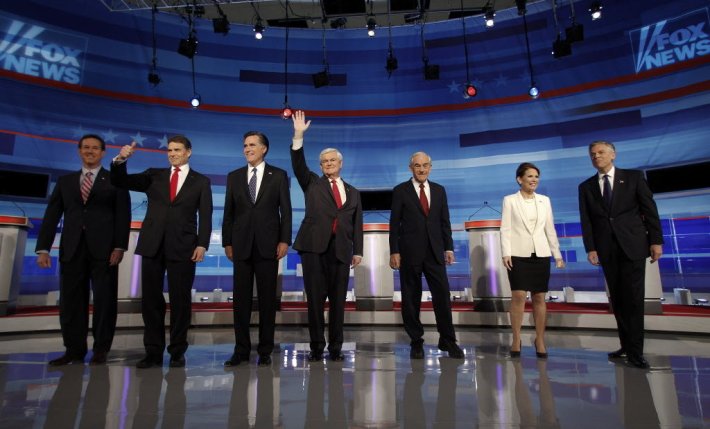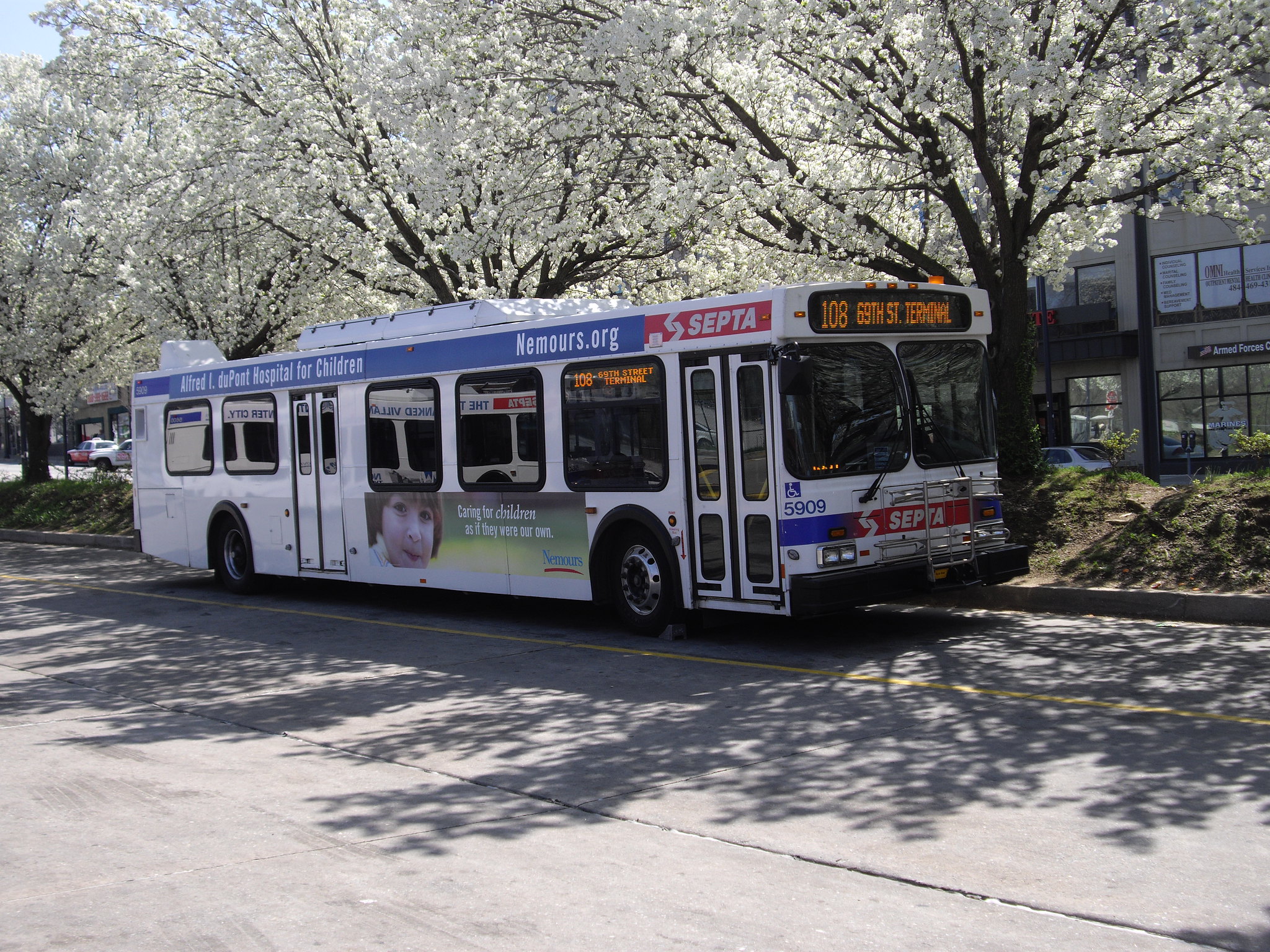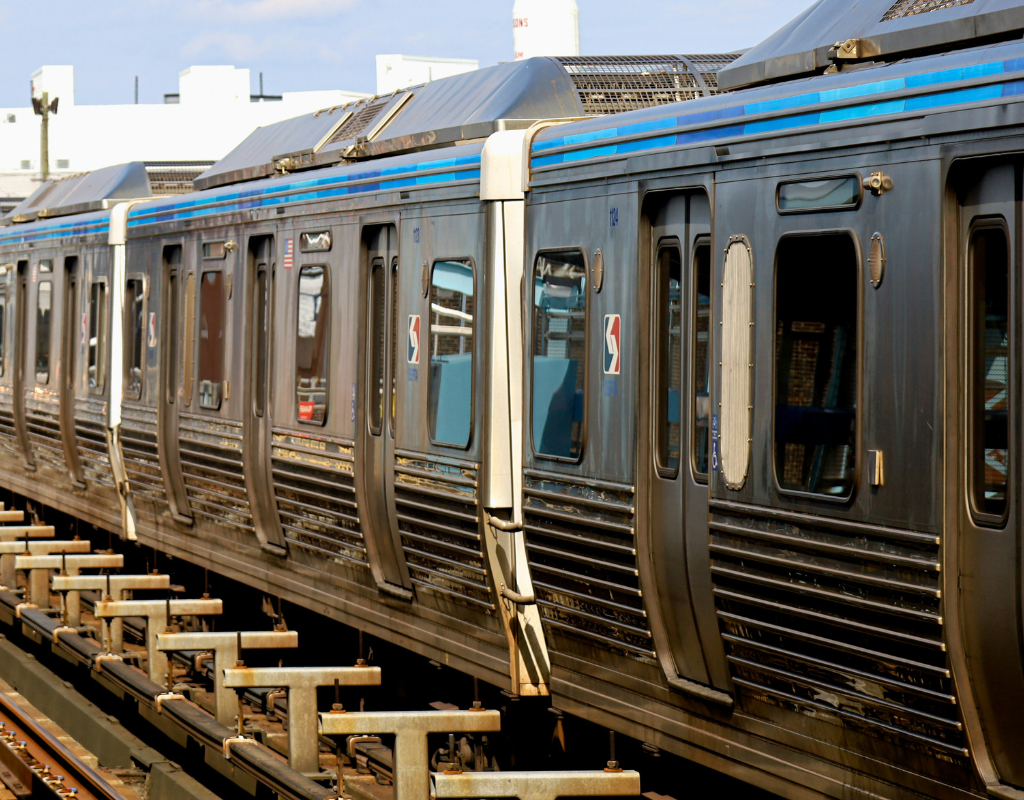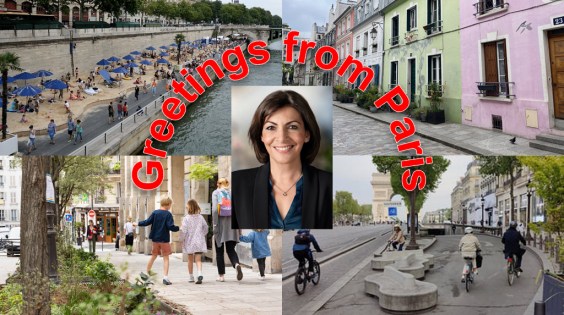With all eyes on today's Iowa caucuses, it’s worth noting that this year’s vocal crop of GOP candidates has been mostly silent on the subject of transportation and urban issues in general.

A common theme across most candidates’ platforms is the elimination of federal programs in favor of state ones, and incentives (read: tax cuts) for the private sector to come in and do things themselves. A transportation policy under any member of the GOP field would likely favor state infrastructure banks over a national one, favor loan programs over grants, and favor automotive infrastructure over bike/ped/transit. But the truth is that we just don’t know, since for the most part they won’t say.
Here’s a recap of what’s on record:
- As senator, Rick Santorum was honored by APTA for his commitment to mass transit. He supported more money for Pennsylvania transit in SAFETEA-LU, saying, "Public transportation provides communities with an affordable means of mobility, offers individuals greater opportunity, saves energy, and reduces congestion and pollution." During his time in Congress, he voted in favor of most transportation bills, except for IS-TEA in 1998, which passed the Senate by a margin of 96 to 4.
- At a September debate, Rick Perry vowed to rebuild Afghanistan’s infrastructure, but attacked Obama’s proposal to rebuild America’s.
- Back in February, Michele Bachmann knocked Obama for spending “$53 billion we don’t have on rail projects” (though she was responding to the 2012 budget, which only contained $8.3 billion for rail), but she had championed “smart and targeted investment” in highway construction in a couple of 2009 op-eds.
- Ron Paul’s press secretary recently told the New York Times that the Congressman “thinks high-speed rail is a very exciting idea and could be a very worthwhile project in many cases.” Rep. Paul signed a letter in 2009 asking for federal money for high-speed rail in Texas, but Paul’s spokesperson explained that this was less about supporting high-speed rail than it was about ensuring Texas’ slice of federal dollars. (High-speed rail? Golly, no! I was just after the pork! …And pork is bad!)
- Mitt Romney told audiences in New Hampshire and South Carolina that he would support borrowing as a way to pay for new infrastructure (especially roads and bridges), provided that infrastructure came with a revenue stream. (As we've reported, Romney earned a reputation as a smart-growther as governor of Massachusetts.)
- And then there’s Newt Gingrich, who professed a desire to “go head-to-head with the Chinese” in developing and implementing maglev train technology. But that was in 2009, and he hasn’t said anything similar since.
Not much to go on, but fear not. Though it may not feel like it, we are only at the beginning of the primary process, so there should be plenty of time for the candidates to make their views known.
The New Hampshire primary is January 10. Campaigning heavily there is Jon Huntsman, who touted his infrastructure record en route to winning two gubernatorial terms in Utah.





